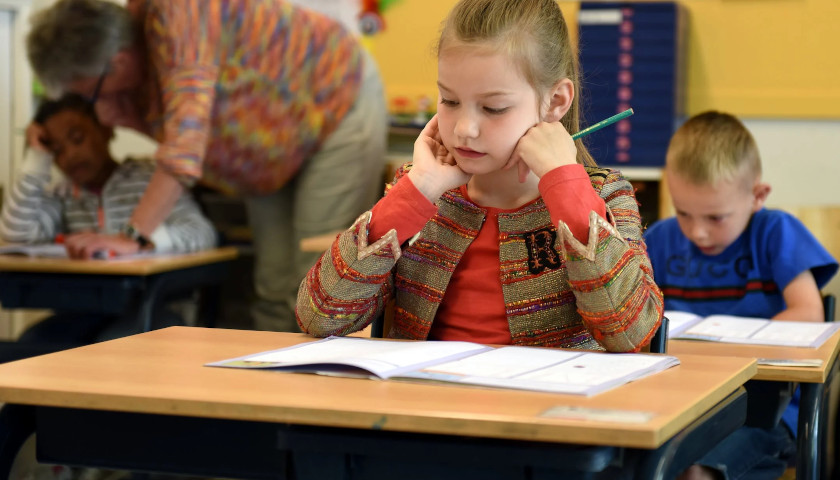by Tyler Arnold
A Virginia budget compromise will include a 5% pay raise for teachers and tax relief for businesses negatively affected by the COVID-19 pandemic after several weeks of debate among lawmakers.
The budget legislation still needs to pass both chambers of the General Assembly, which is expected. Then, the bills will head to Gov. Ralph Northam’s desk at which time he can choose to sign the legislation or propose changes to it and send it back to the legislature.
In the agreement between House and Senate leaders, teachers, state employees and state-supported local employees will receive a 5% increase in their salaries. In early negotiations, House Democrats advocated for this increase, while Senate Democratic leaders had proposed a more modest 3% increase for teacher salaries.
However, Senate Democrats and members of the business community won out in their effort to provide significant tax breaks for businesses that struggled to maintain their payroll because of the COVID-19 pandemic and subsequent economic restrictions.
The legislation will allow businesses tax deductibility on up to $100,000 worth of expenses paid for through the Paycheck Protection Loans provided by the federal government. House Democrats had initially sought to only allow deductibility on up to $25,000 worth of expenses and the Northam administration did not support any tax deductibility on these expenses.
In December, the federal government made the entirety of PPP loan expenses deductible at the federal level. Although state lawmakers almost always fully conform their state tax code to the federal code as a routine matter, they will only be passing partial conformity per this agreement. Democratic lawmakers justified their decision by citing an unprecedented financial situation caused by the pandemic. If businesses spent these loans in accordance with federal guidelines, these debts will also be fully forgiven.
The budget also includes about a half of a billion dollars in one-time funding for public schools to offset losses caused by the pandemic. The school-funding formula bases part of its funding on enrollment numbers, which saw a decline as parents opted to delay enrollment for children entering kindergarten and others opted to enroll students in alternative education options to ensure in-person instruction.
Other initiatives in the budget include higher education funding to offset tuition increase, funding to address COVID-19 vaccination efforts and funding to implement criminal justice reform legislation that have been or are expected to be passed by the General Assembly.
Some of the spending increases were made possible after a report last week found that state revenues were more than $730 million above estimates.
– – –
Tyler Arnold reports on Virginia and West Virginia for The Center Square. He previously worked for the Cause of Action Institute and has been published in Business Insider, USA TODAY College, National Review Online and the Washington Free Beacon.





